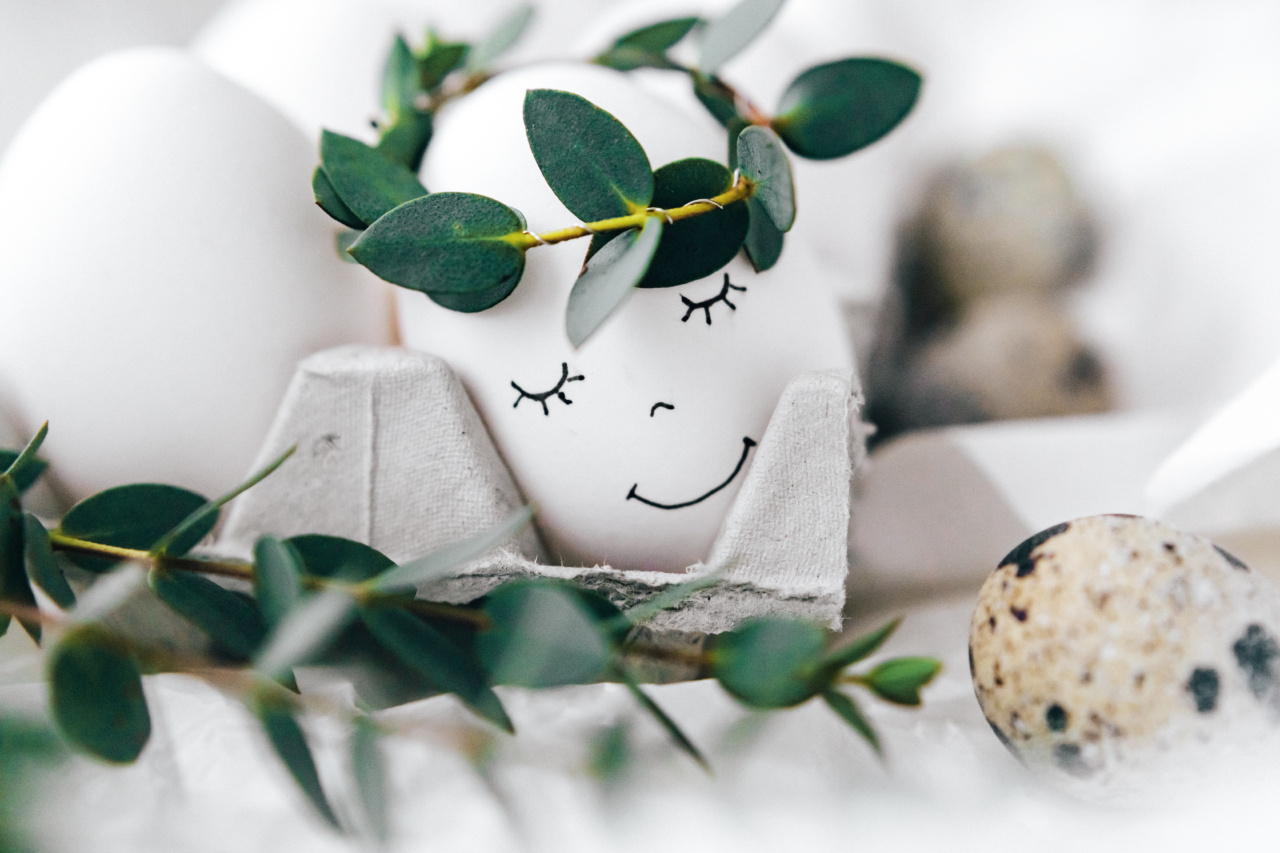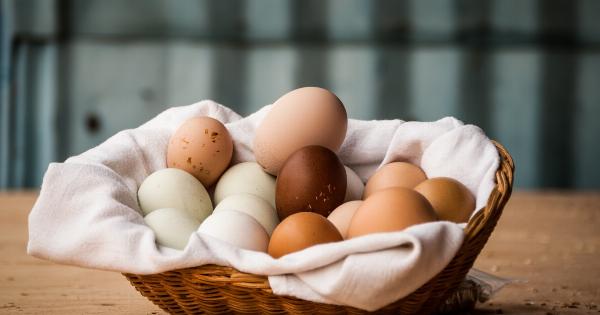Easter time is coming, and people are already planning for a great holiday season that marks the end of winter. One of the biggest traditions associated with Easter is the exchange of Easter eggs.
But with so many options available, egg shopping can be a bit overwhelming. Here is a guide to help you with your Easter egg shopping this year.
Egg Types
Easter eggs come in different types and flavors, and your choice depends on your personal preference. Here are the most common egg types to choose from:.
Chocolate Eggs
Chocolate Easter eggs are the most popular type of Easter eggs. They come in different sizes, shapes, and flavors, from plain chocolate to chocolate filled with caramel, nougat, or truffle.
When buying chocolate eggs, look out for the cocoa percentage, as it determines the quality and richness of the chocolate.
Marshmallow Eggs
Marshmallow Easter eggs are a popular choice, especially for children. They come in different colors and shapes and are often coated with sugar. Look out for the sugar content in marshmallow eggs as they can be quite high.
Painted and Decorated Eggs
Painted and decorated eggs are a traditional choice, often used for Easter egg hunts. You can paint your own eggs or buy them pre-decorated. When buying painted eggs, check for cracks or any other damages that may compromise their quality.
Sugar Eggs
Sugar eggs are a more recent addition to Easter egg options. These eggs are made from sugar and are often decorated with frosting or icing. Sugar eggs are a great option for people who want something sweet and decorative.
Non-Dairy Eggs
Sometimes, traditional Easter eggs may not be suitable for particular dietary needs. In this case, non-dairy Easter eggs such as vegan eggs may be the best option.
Vegan eggs are often made from soy, rice, or nut-based products and are a great alternative for people with milk or dairy allergies.
Where to Buy Easter Eggs
Easter eggs are available in many supermarkets, grocery stores, and online shops. When buying Easter eggs, it is always a good idea to compare prices and quality across different stores.
You can also buy directly from local chocolatiers or Easter-themed specialty stores. These places often offer high-quality and unique Easter eggs that you can’t find elsewhere.
What to Look for When Buying Easter Eggs
When shopping for Easter eggs, there are a few things you should look for:.
Quality
Check for the quality of the eggs you plan to buy. Look for cracks or any other forms of damages before purchasing.
Ingredients
Check the ingredients used in making the Easter eggs to ensure they are suitable for your dietary needs.
Expiry Date
Check the expiry date on the eggs before purchasing them. It’s important to ensure the eggs will remain fresh after purchase and throughout the Easter season.
Pricing
Compare pricing across different stores before finalizing your purchase. You should be able to find Easter eggs that fit your budget.
Egg Safety Tips
Easter eggs can be a lot of fun, but there is also a risk of foodborne illnesses if not handled properly. Here are a few safety tips to keep in mind:.
Wash your Hands
Before and after handling Easter eggs, wash your hands properly to avoid transferring bacteria from your hands to the eggs.
Keep Your Eggs Refrigerated
Store your Easter eggs in the fridge, especially if they contain perishable ingredients. The cold temperature will help maintain their quality and freshness.
Use Eggs within a Reasonable Timeframe
Easter eggs do not last forever, especially if they contain dairy or other perishable ingredients. After a few days or weeks, they can spoil and become unsafe to consume.
Conclusion
With this guide, you can have fun and safe Easter egg shopping.
Remember to choose the Easter eggs that match your personal preferences, check for quality and expiry dates, and follow the safety tips to enjoy your Easter eggs without worrying about food safety concerns.






















